Why You Should Consider a Dehumidifier in Your Florida House

We all know Florida has one of the most humid climates in the United States. Having a dehumidifier in addition to your air conditioning system can benefit your health, comfort levels, and house.
Why should I be concerned with humidity in my house?
The amount of moisture in the air affects the comfort level in your home. If the room temperature is 78 degrees but if the humidity level is over 55 percent, you will not be comfortable. The more humidity the air holds, the less evaporative effect your body feels. The moisture from your body has nowhere to go. This is why a ceiling fan can make you feel more comfortable in a room. It creates an evaporative effect on your skin.High humidity also affects your house. Anything that is porous can hold the excess moisture that is in the air. So what's the problem? Besides your comfort, it's damaging to your house and can give mold a chance to grow. Mold needs moisture to grow; high humidity conditions are perfect for mold growth. Mold is a type of fungus that gives off spores that circulated in the air. This can cause a host of health issues.
 What is a good level of humidity?
What is a good level of humidity?
ASHRAE* suggests a range of 45% - 55% humidity to manage health effects and illnesses. Comfortable: 30% - 60% Recommended: 45% - 55% High: 55% - 80% So where is the humidity coming from?
If your house is older, it likely has a poor building envelope, meaning it is not structurally airtight. Older windows, poor seals on the doors, poor or the lack of a proper vapor barrier, etc.. While no home is perfectly sealed; modern construction is significantly better.Moisture can also come from within your house too. Showers can exacerbate the issue, especially if you do not have an exhaust fan. Simply breathing adds moisture to the air.
Doesn't my Air conditioner remove moisture?
Yes, but many factors determine the unit's ability to effectively remove excess moisture. If the air conditioning system is not appropriately sized - and is too large, it will cool the house quickly but doesn't have enough run time to remove enough moisture from the air. It reaches the set point temperature and cycles off. The water you see dripping from the AC drain line outside - that's condensed humidity from your house.
The moisture from the air condenses on the cold evaporator coil and drains outside. Maybe the air conditioner is correctly sized, but the duct work is poorly designed. Undersized duct work or poor return air flow all affect the capacity and dehumidification ability of the HVAC system.
Dehumidifier VS. Air Conditioner which is better?
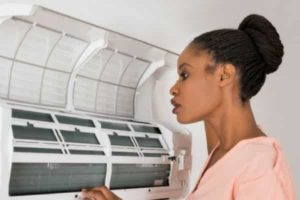 Assuming the AC system and duct work is properly designed and installed it is usually sufficient to maintain reasonable humidity levels in your house. Some of the higher end units excel at this. These units do this by operating longer at a slower speed and by varying the air flow across the evaporator coil.
Assuming the AC system and duct work is properly designed and installed it is usually sufficient to maintain reasonable humidity levels in your house. Some of the higher end units excel at this. These units do this by operating longer at a slower speed and by varying the air flow across the evaporator coil.
This combination allows for more humidity to condense and drain away. Often when we install these units, the homeowner can raise the temperature set point, often by several degrees because the living space is so much more comfortable.
Dehumidifiers do this as well. They are designed to move air slowly across an oversized evaporator coil to condense as much moisture as possible. Sometimes a dehumidifier is necessary; Air Zero recently had a customer that lived in a large 5000 sq. ft multi-story newly constructed house.
With top of the line, AC systems but the humidity levels were high. Why? The house was 50 feet from the warm ocean water. The HVAC systems couldn't keep up with the humidity. We installed a whole house dehumidifier and tied it into their existing duct system. The unit cycles on the AC blower if the humidity set point is too high and circulates the dry air throughout the house.
Whole house dehumidifiers are great, but a store bought model that is stand alone can work well too. Just make sure that the capacity is sufficient for space. Capacity is measured in pints of water removed per hour. The drawback to standalone units is you may need to manually empty the water from the unit.
If you live in the Seminole, St. Petersburg or Largo area and need a professional to repair your A/C, we’re here to help.
Air Zero Services all of Pinellas County. Give us a call at 727-392-6111.Subscribe to Air Zero's Blog



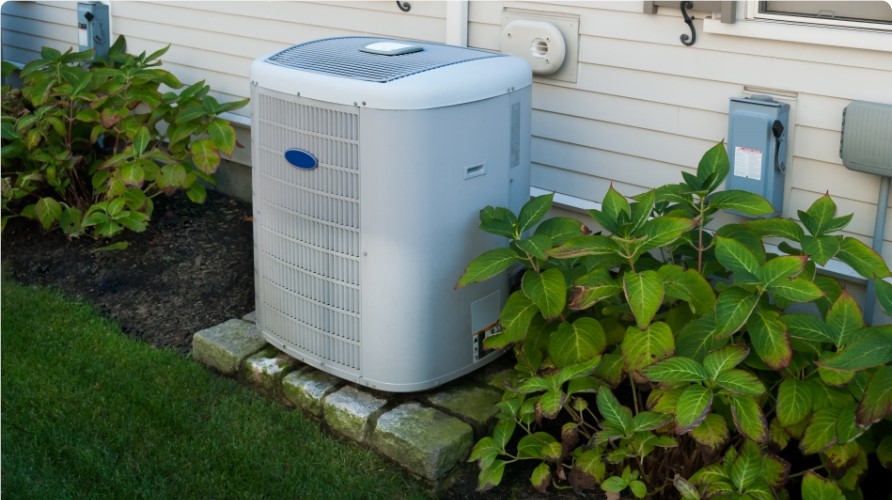
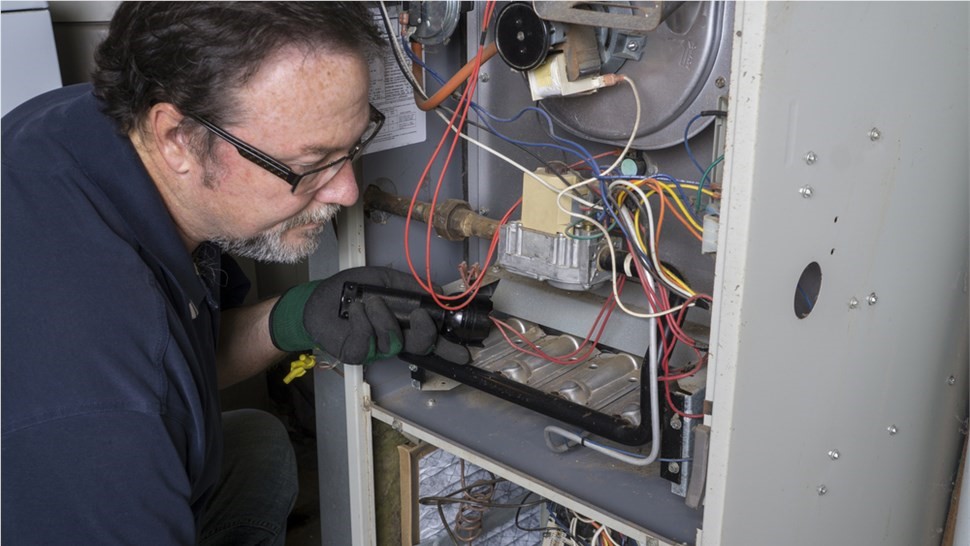
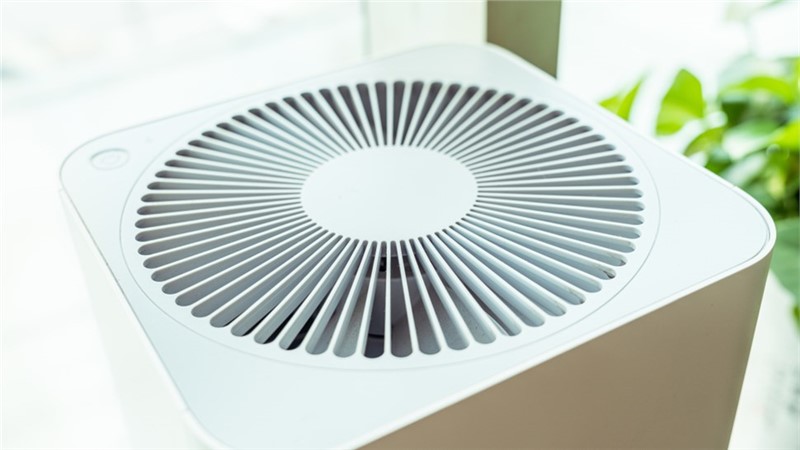
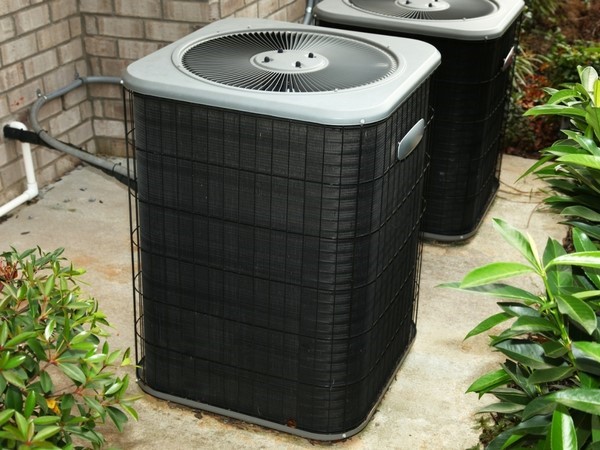
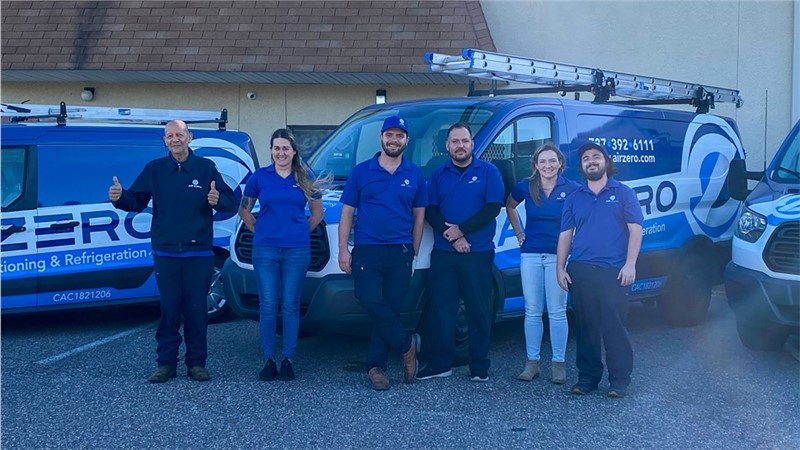

Comments